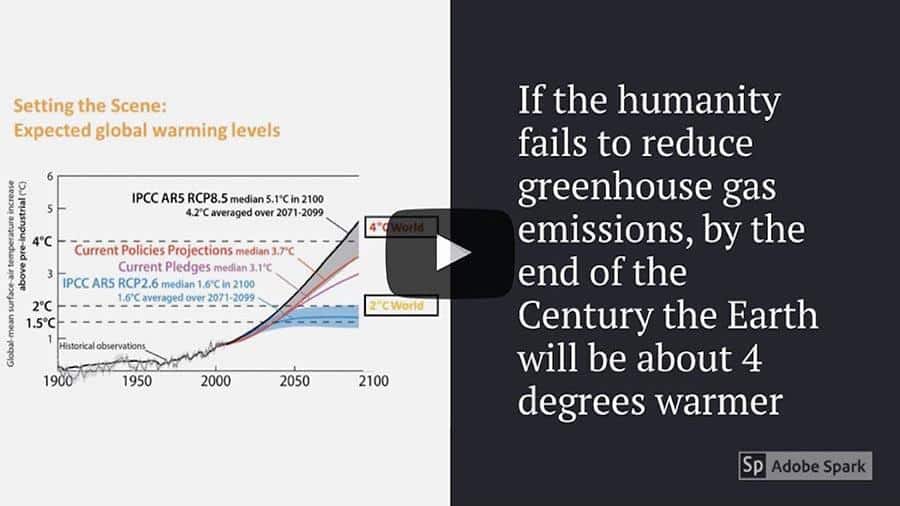Not an IASC member yet? Please follow this link to see membership options and benefits.

Abstract
Safely achieving the goals of the Paris Climate Agreement to stabilize the global commons of Earth’s climate requires a world-wide transformation to carbon-neutral societies within the next 30 years. We present empirical, historical and theoretical evidence for the existence of social tipping elements (STEs), that is, subdomains of the planetary socio-economic system where targeted policy interventions can activate contagious processes of rapid spreading of technologies, behaviors and social norms that ultimately lead to a reduction in anthropogenic greenhouse gas emissions. These dynamics could be fast enough to avoid crossing dangerous tipping points in the Earth’s climate system. We identify six outstanding candidates for STEs and their associated critical intervention points based on online expert elicitation, a subsequent expert workshop, and a literature review. These critical social tipping interventions include (i) removing fossil fuel subsidies and incentivizing distributed energy generation (STE1: energy production and storage systems), (ii) building carbon neutral cities (STE2: human settlements), (iii) divestments from assets linked to fossil fuels (STE3: financial markets), (iv) revealing the moral implications of fossil fuels (STE4: norms and value systems), (v) strengthened climate education and engagement (STE5: education system) and (vi) greenhouse gas emissions information disclosure (STE6: information feedbacks). While social tipping mechanisms have been largely neglected so far in assessments of climate change mitigation pathways and climate policy, the urgency of reaching peak greenhouse gas emissions in the next few years calls for launching larger-scale empirical and modelling efforts to understand the potentials of STE dynamics in more detail.